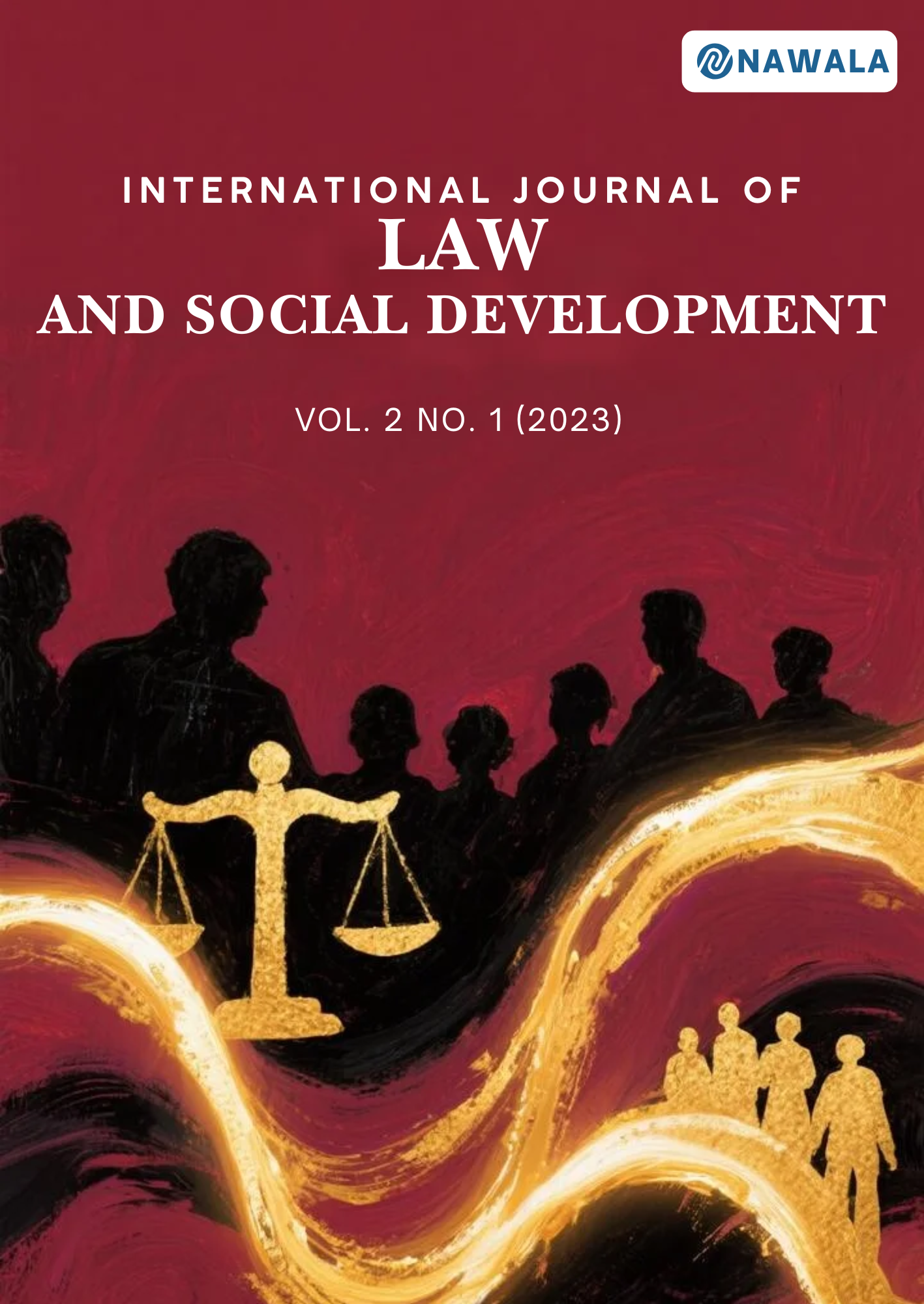The Rule of Law as the Foundation for Economic, Social, and Sustainable Development in Indonesia
Keywords:
Economic Development, Law Enforcement, Rule of Law, Sustainable Development, State of LawAbstract
The rule of law is the fundamental foundation for fair, transparent, and sustainable national development. In the context of the rule of law, every policy and action, whether by the government or the citizen, must be subject to applicable law. This article examines the strategic role of law in economic, social, and environmental development in Indonesia, using a normative-empirical legal approach. This method combines normative studies of laws and regulations with empirical analysis of the implementation of laws in the field. The results of the study show that the law plays a role in creating business certainty, protecting property rights, regulating competition, and encouraging investment. In the social field, law is an instrument for equitable distribution of development results, protection of human rights, and environmental conservation. However, the challenges faced include weak law enforcement, overlapping regulations, and socio-economic disparities. This article emphasizes the urgency of regulatory reform, strengthening supervision, and increasing public legal awareness to realize stability and sustainable growth.





